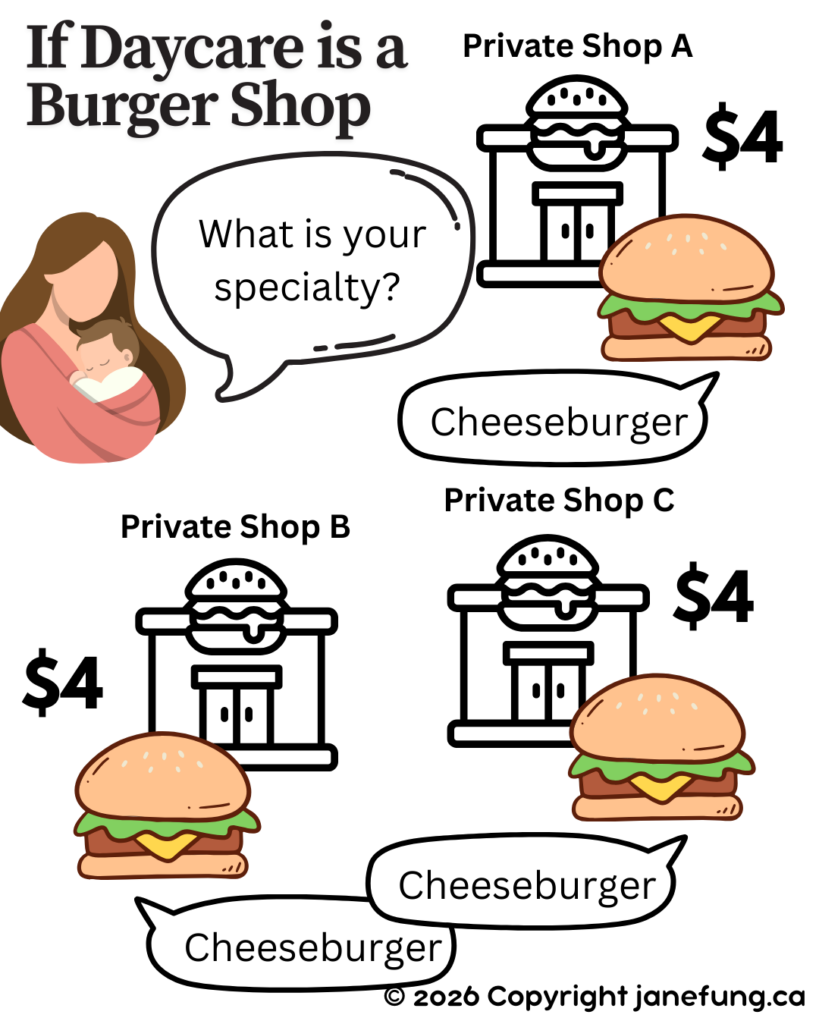Are you sick of the LTB? If so, maybe you should explore being a commercial landlord. Commercial Tenancies Act is a law for commercial tenancies only. Does not apply to residential tenants and landlords.
The Ontario’s Commercial Tenancies Act describes the relationship, rights and obligations between commercials tenants and landlords.
Strongly recommend you obtain legal advices regardless if you are tenants or landlords.
Non-Payment of Rent
If a commercial tenant did not pay rent on the due date, a landlord can change the locks of the unit and evict the commercial tenant on the 16th day after the rent is due.
For example
Dec 1 – Rent due
Dec 17 – locks can be changed without notification
Tenants and / or landlords should not force their way into the premises
Landlords should allow reasonable access to the rental units for the tenants to retrieve their properties after the lock is changed.
Rent Increases
Most of the commercial leases outline the amount of rent and also the rent increase per year.
If there is no current tenancy agreement, the landlord may increase the rent by any amount at any time. The Ontario Commercial Tenancies Act does not regulate that.
Landlords should give reasonable notices to tenants of a rent increase in writing
Landlords is not required to pay interest on commercial tenant’s security deposit under the Act.
Notice to End a Tenancy
If the Tenancy agreement is a fixed-term agreement, it would specify the terms of the lease. The tenant is obligated to stay and pay rents for the entire term duration.
At the end of the term, the tenant has no right to occupy the premises.
If the tenant continues to occupy the unit after the landlord has requested they move out, the tenant may be subject to a two months penalty for every month they stay, plus the applicable costs.
If you are interested in being a commercial landlord, I already have AAA ready tenants to rent your place for up to a 20 year lease! You will never have to worry about eviction ever again.



.png)
.png)
.png)







